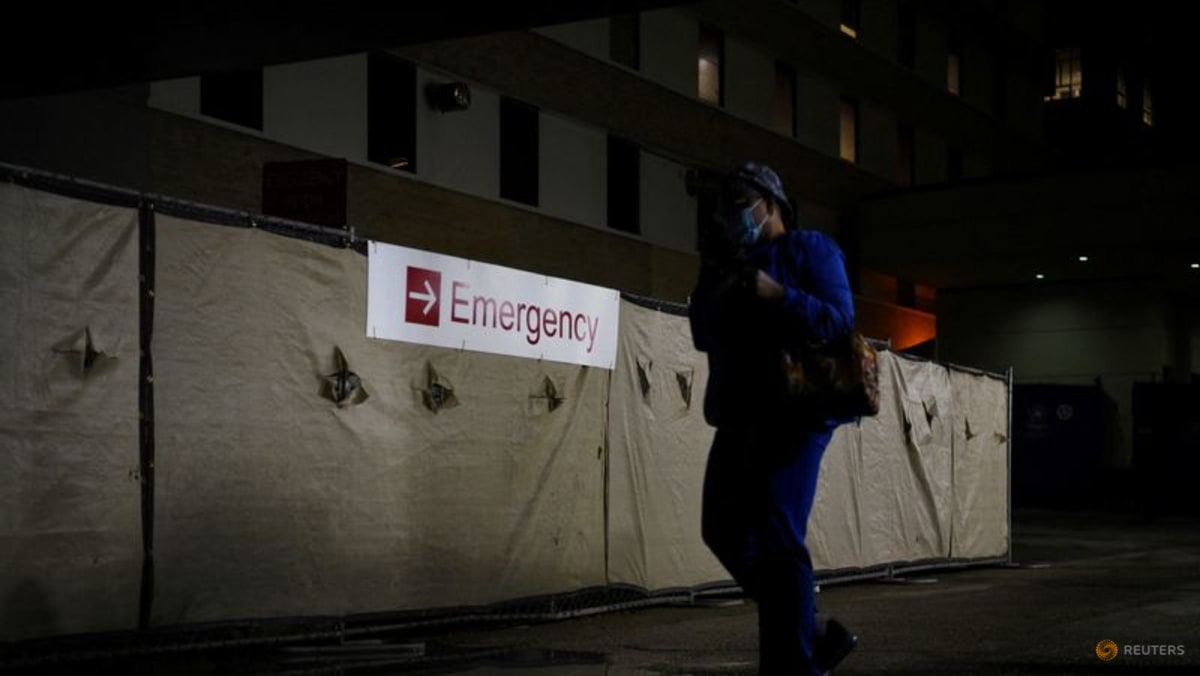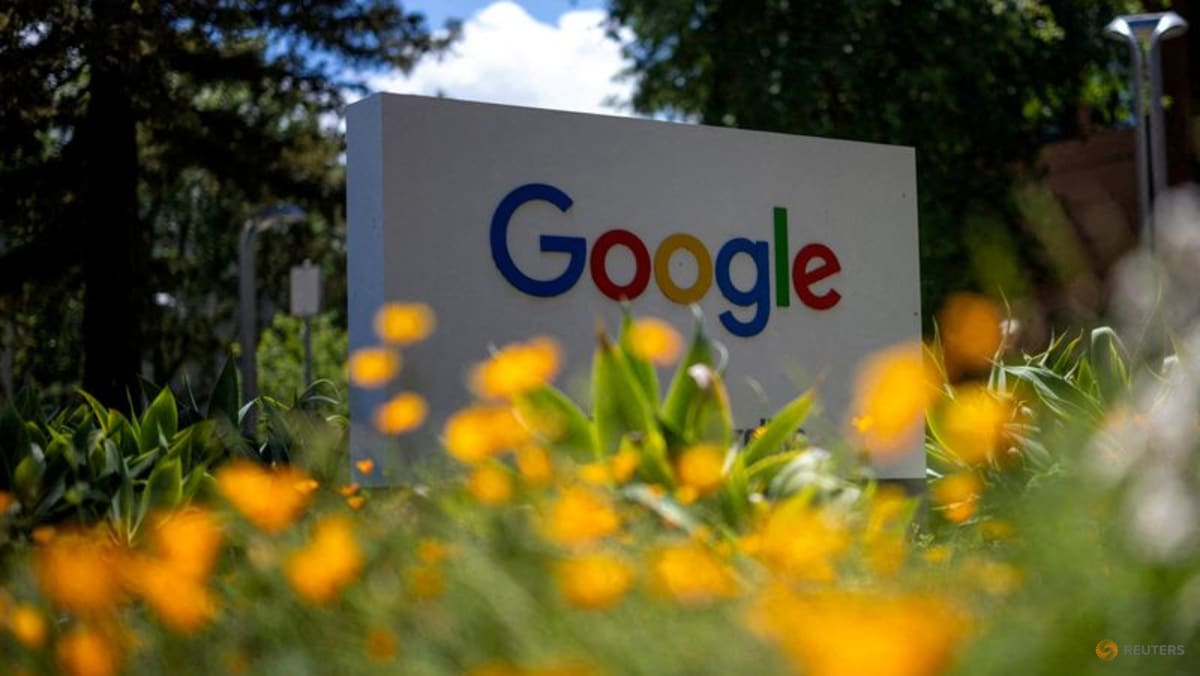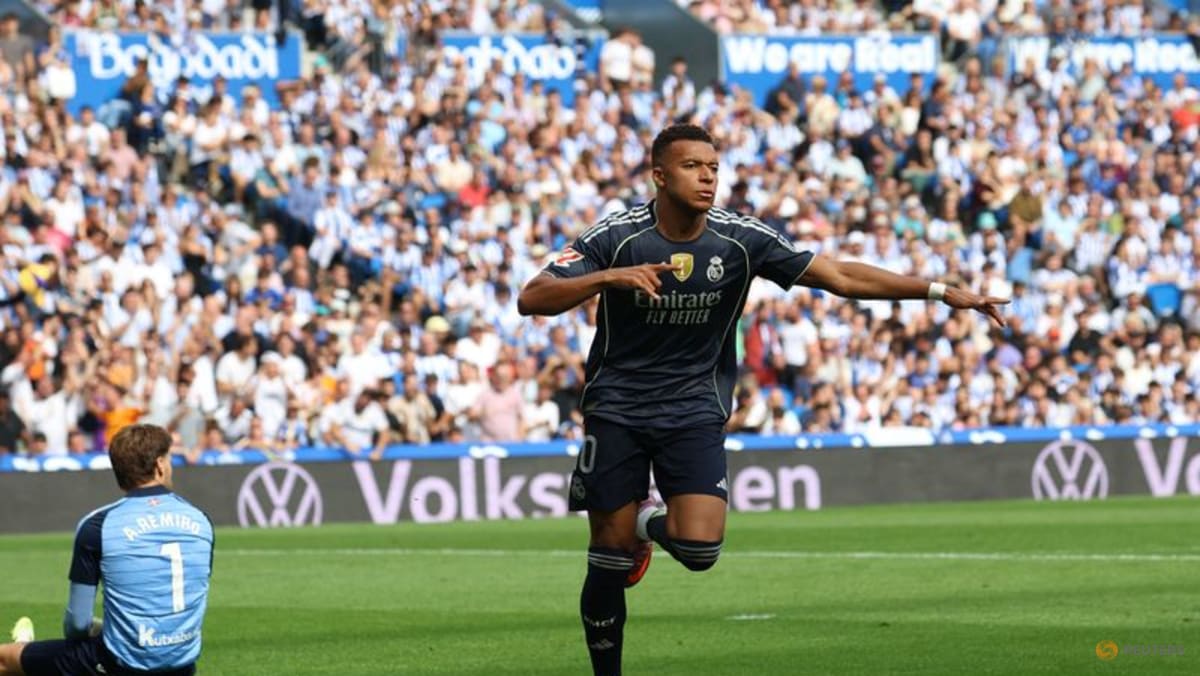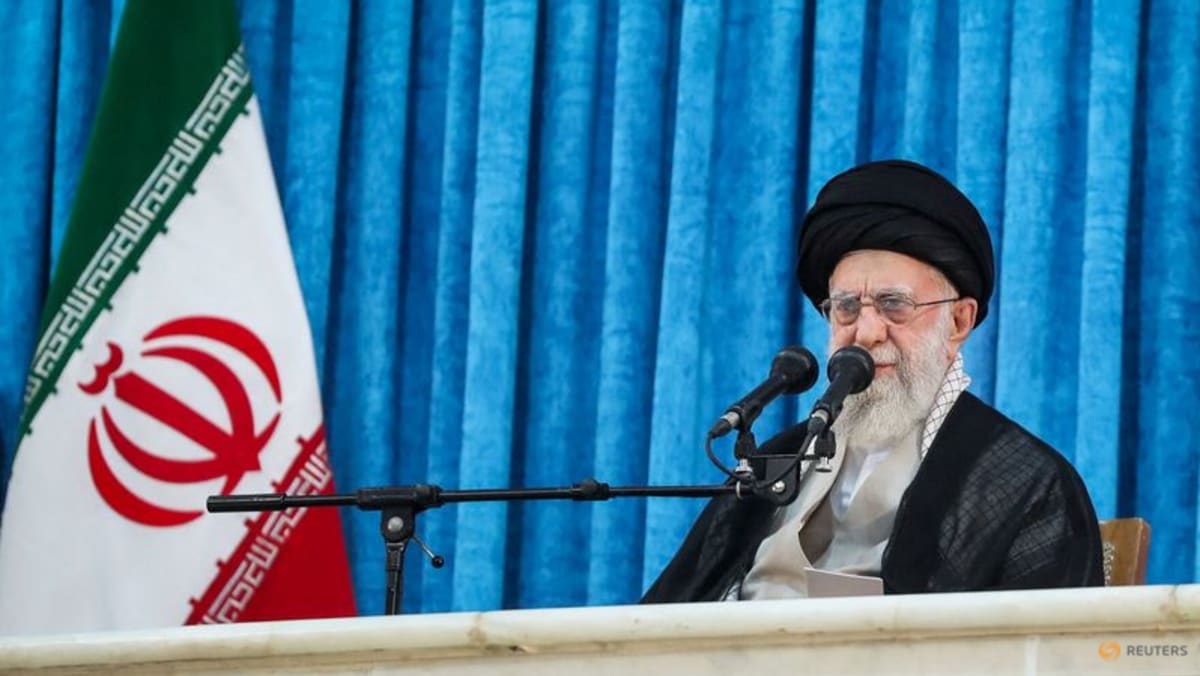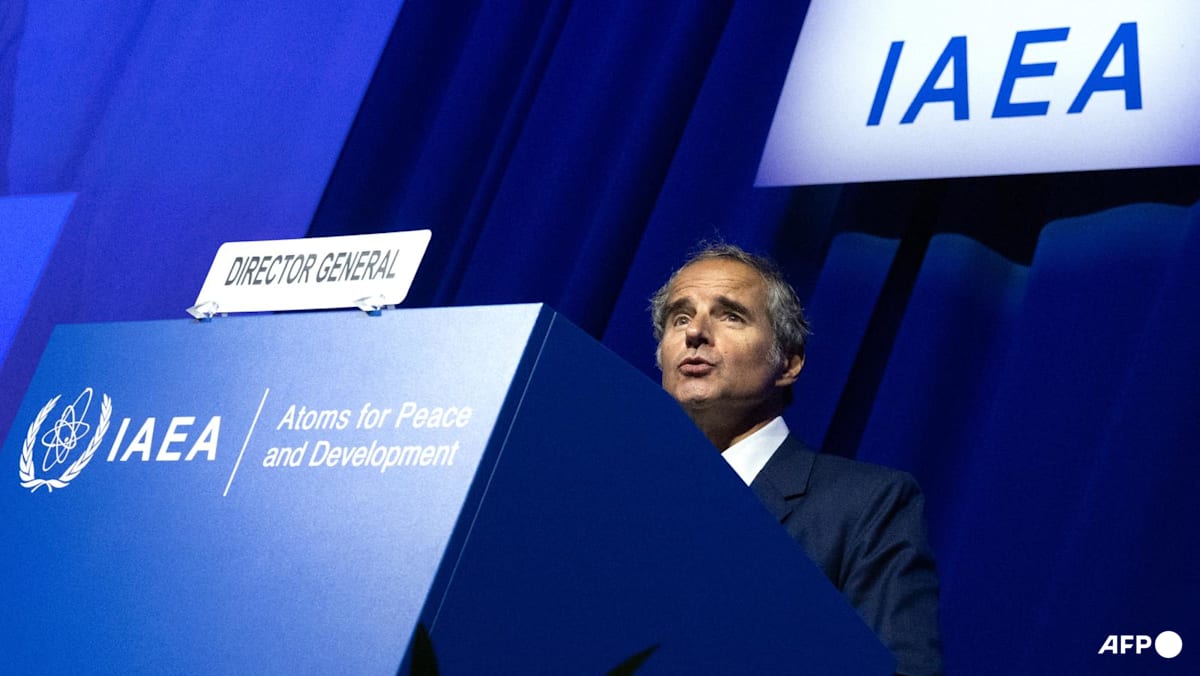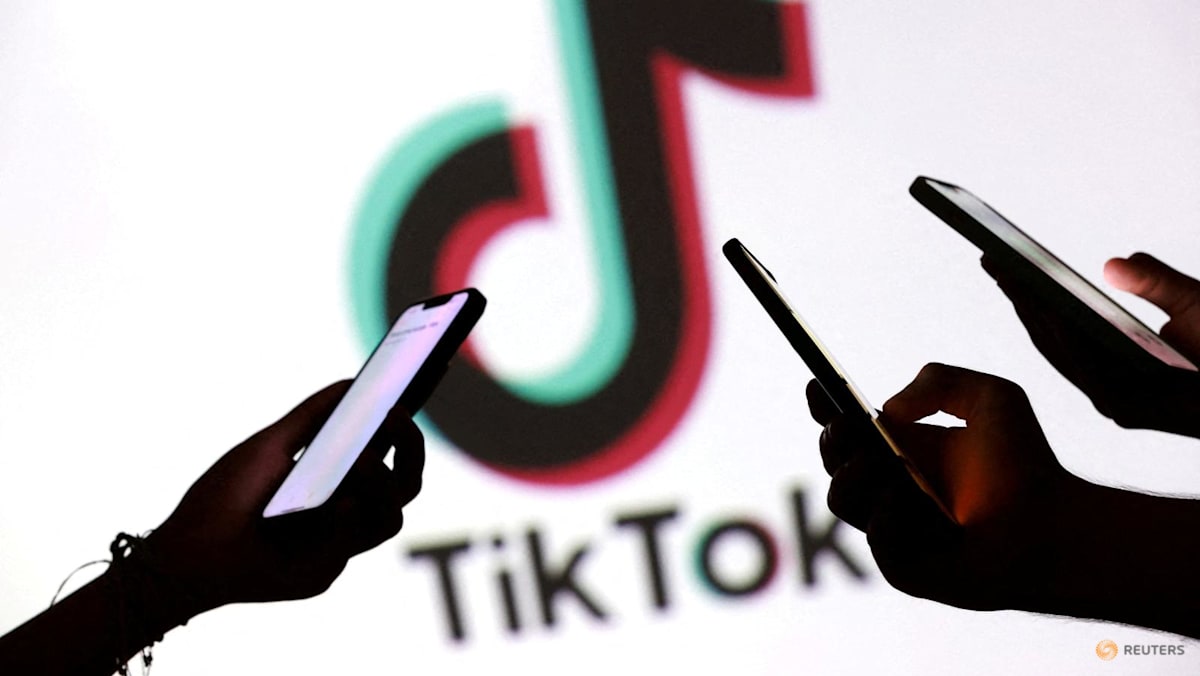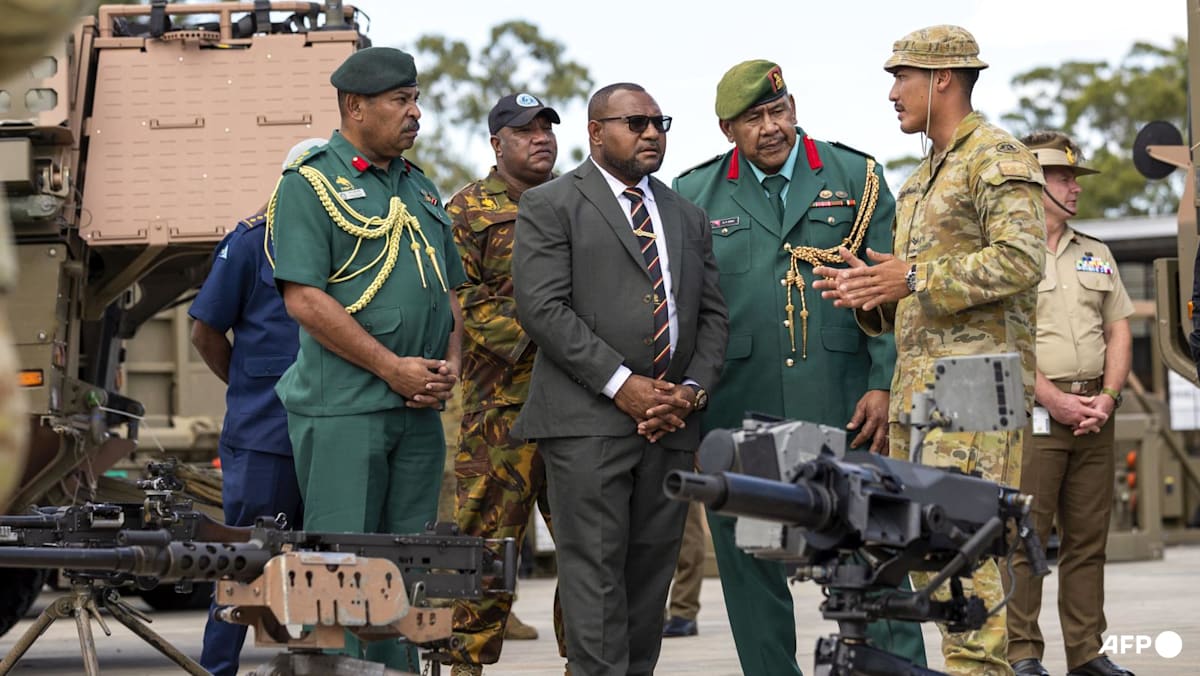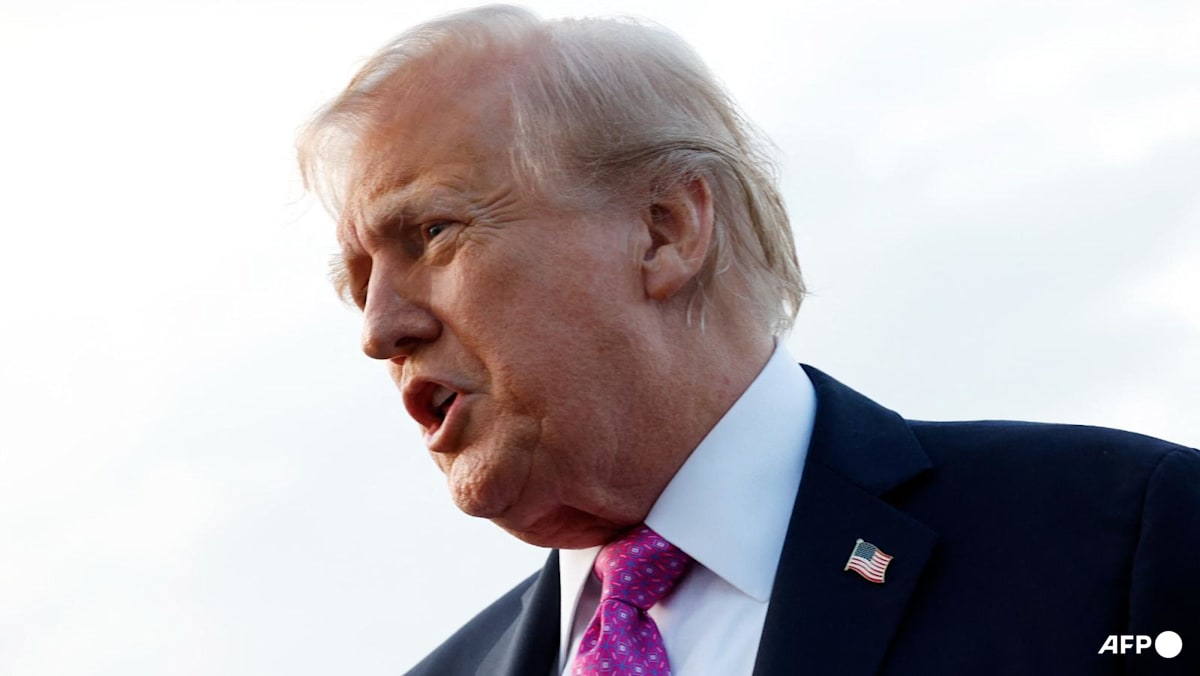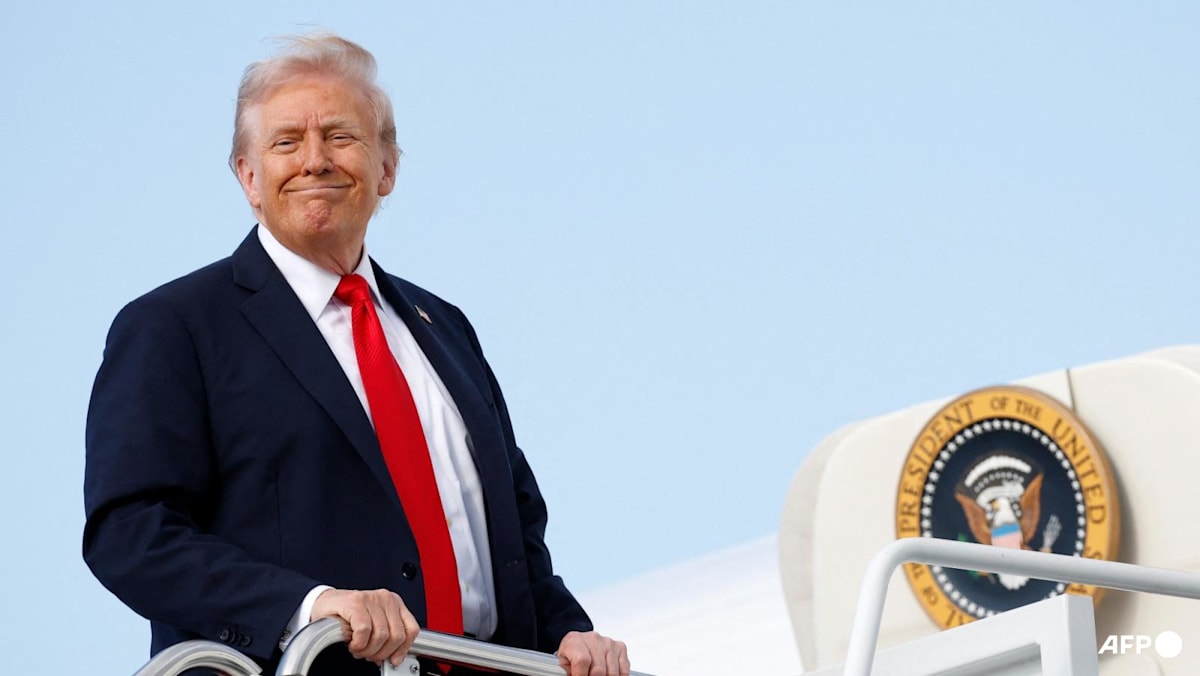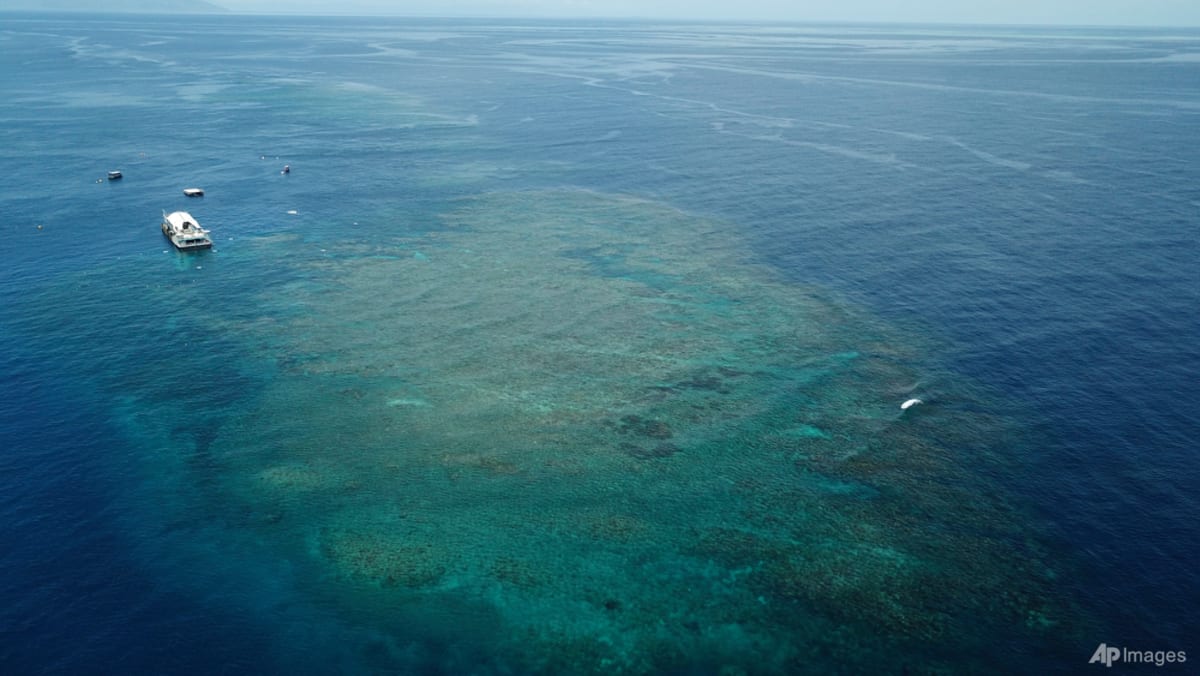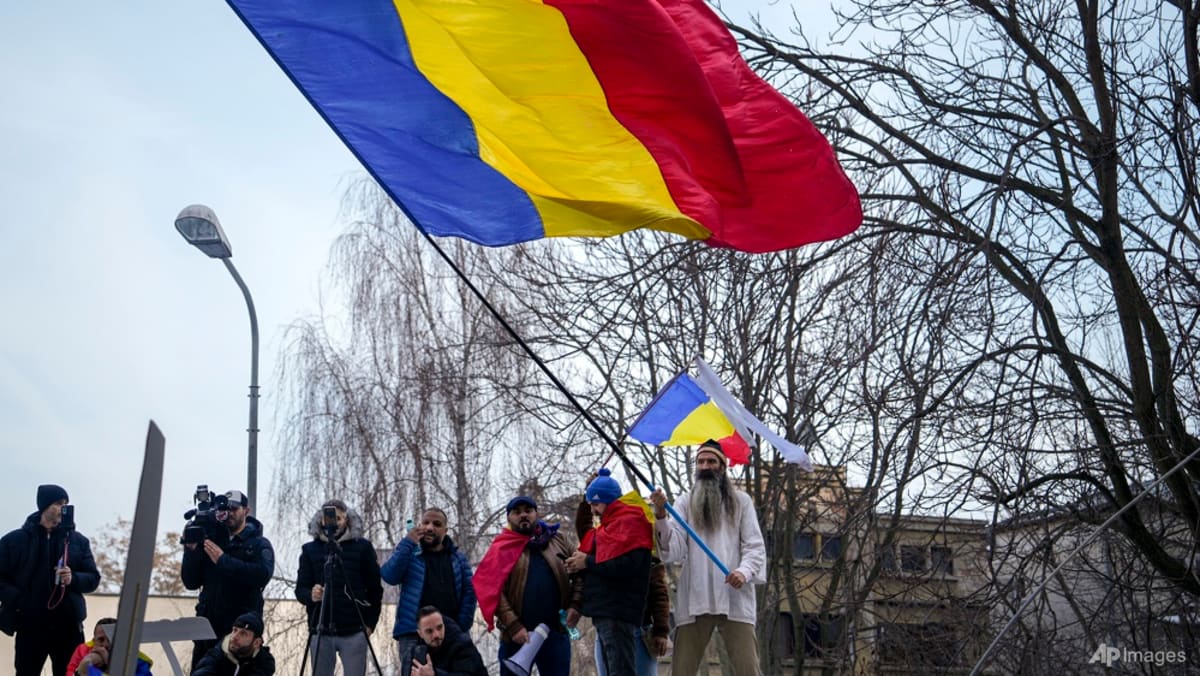KHAMENEI’S SON AT THE FORE
The focus on survival has repeatedly been put to the test. Khamenei has deployed the Revolutionary Guards and its affiliated Basij militia to quell national protests in 1999, 2009 and 2022.
However, while the security forces have always been able to outlast demonstrators and restore state rule, years of Western sanctions have caused widespread economic misery that analysts say could ultimately threaten internal unrest.
The stakes could barely be higher for Khamenei, who faces an escalating war with Israel, which has targeted nuclear and military sites and personnel with air attacks, drawing retaliatory Iranian missile fire, insiders and analysts said.
The five people familiar with Khamenei’s decision-making process stressed that other insiders who have not been targeted by Israel’s strikes remain important and influential, including top advisers on political, economic and diplomatic issues.
Khamenei designates such advisers to handle issues as they arise, extending his reach directly into a wide array of institutions spanning military, security, cultural, political and economic domains, two of the sources said.
Operating this way, including in bodies nominally under the elected president, means Khamenei’s office is often involved not only in the biggest questions of state but in executing even minor initiatives, the sources said.
His son Mojtaba has over the past 20 years grown ever more central to this process, the sources said, building a role that cuts between the personalities, factions and organisations involved to coordinate on specific issues, the sources said.
A mid-ranking cleric seen by some insiders as a potential successor to his ageing father, Mojtaba has built close ties with the Guards, giving him added leverage within across Iran’s political and security apparatus, the sources said.
Ali Asghar Hejazi, the deputy of political security affairs at Khamenei’s office, has been involved in sensitive security decisions and is often described as the most powerful intelligence official in Iran, the sources said.
Meanwhile, the head of Khamenei’s office, Mohammad Golpayegani, as well as former Iranian foreign ministers Ali Akbar Velayati and Kamal Kharazi, and ex-parliament speaker Ali Larijani, remain trusted confidants on diplomatic and domestic policies issues such as the nuclear dispute, the sources said.
The loss of the Revolutionary Guards commanders nonetheless decimates the top ranks of a military organisation that he has put at the centre of power since becoming supreme leader in 1989, relying on it for both internal security and Iran’s regional strategy.
While the regular army chain of command runs through the defence ministry under the elected president, the Guards answer personally to Khamenei, securing the best military equipment for their land, air and sea branches and giving their commanders a major state role.
As he faces one of the most dangerous moments in the Islamic Republic’s history, Khamenei finds himself further isolated by the recent losses other key advisers in the region as Iran’s “Axis of Resistance” coalition has been hammered by Israel.
Hezbollah chief Hassan Nasrallah, who was personally close to the Iranian leader, was killed by an Israeli airstrike in September last year, and Syrian President Bashar al-Assad was overthrown by rebels in December.
